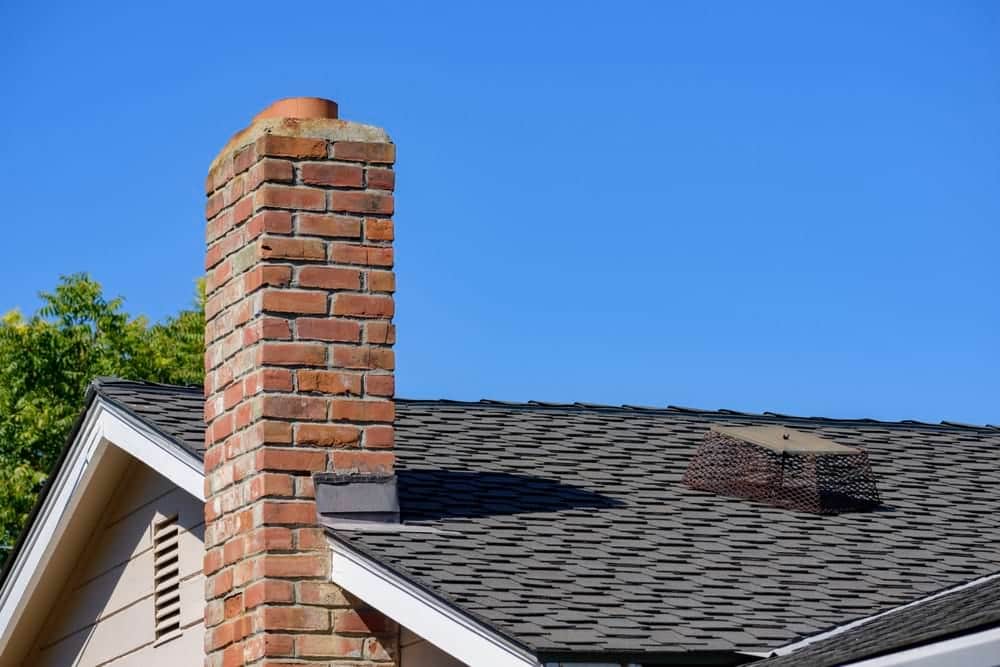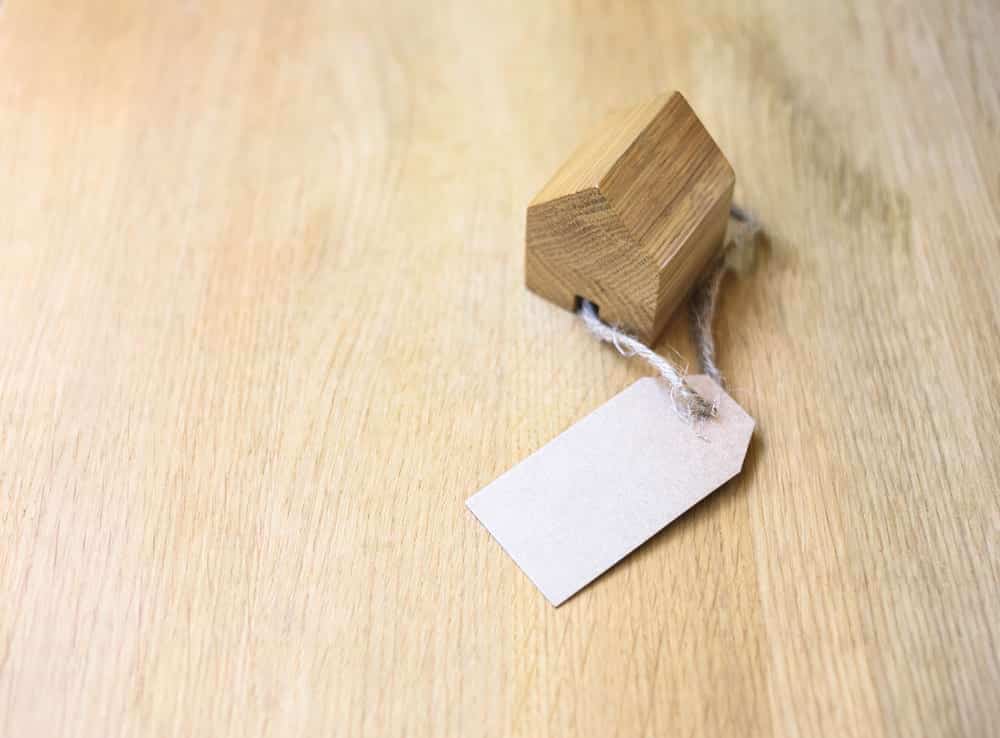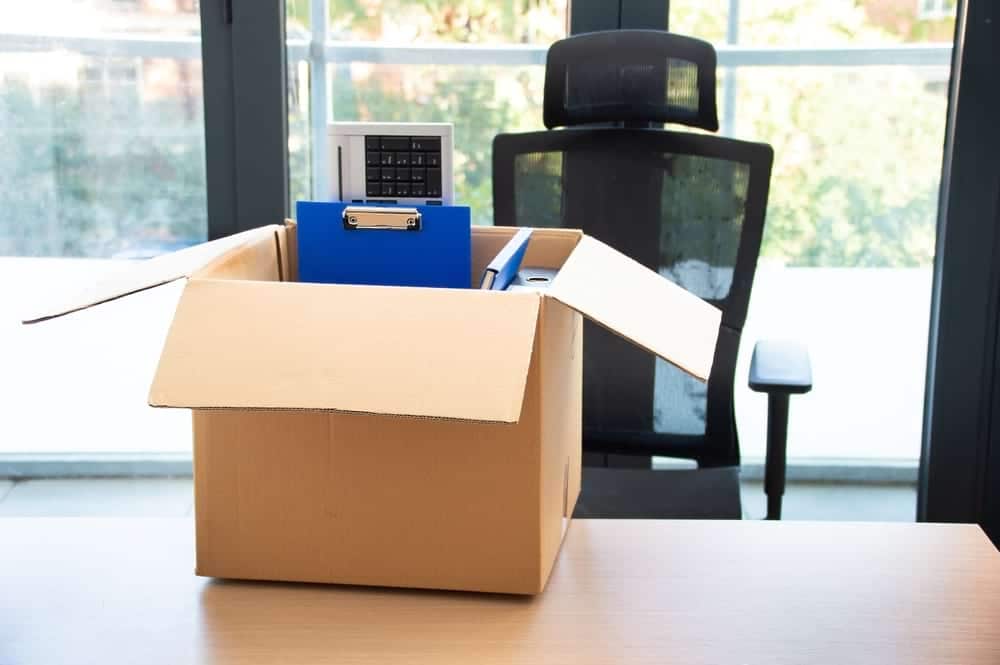Selling a house can often be stressful and complicated.
You need to deal with estate agents, solicitors, and potential buyers whilst purchasing a new property at the same time.
However, there is an alternative option: Selling your house privately to a friend.
This method can be much more convenient and straightforward for everybody involved.
This blog will explore how to sell your house privately to a friend and advantages (and disadvantages) of doing it.
Can I sell my house privately to a friend?
In short, yes.
Selling your house privately to a friend, family member, or even an acquaintance, is possible.
Can you gift a house?
You can also give a house as a gift to a friend, family member, or acquaintance.
This is obviously different to selling it to them. However, it also underlines the principle that you don’t always need to use the traditional property selling process.
Why would someone sell their house privately to a friend?
To sell quickly
Sometimes, a seller needs to sell their house quickly. If someone they know also wants to buy it, it’s a win-win situation.
The seller can avoid the lengthy process of putting the property on the market, and the buyer can avoid trying to find the ideal house to buy.
To help a friend out
Sometimes, it may be that they simply want to help out a friend who is looking for a new home.
For flexible terms
Plus, when selling a property to a friend, it’s possible to negotiate the terms of the sale directly with them.
And, when selling to a person you know, you may be able to agree on a lower price or more flexible payment terms compared to selling to a traditional buyer.
Drawbacks of selling your house privately to a friend
Potential to strain friendship
One of the most significant risks of selling to a friend is that it might damage your friendship if things go wrong. Relationships may become strained if disagreements over the property’s condition or if the sale falls through.
Potential loss of profit
Another potential problem is that your friend may not be able or willing to pay the property’s total market value.
By not putting a property on the open market, you often decrease the potential for higher profits.
How to sell a house privately to a friend
If you have decided that selling your house privately to a friend is the best option for you, you will need to follow these steps:
1. Get a valuation
Before agreeing on a sale price with your friend, you will need to know your property’s current market value. You can do this by getting a professional valuation from an estate agent or surveyor.
2. Agree on a price
Once you know what your property is worth, you can negotiate a sale price with your friend.
Be clear about what is and is not included in the sale.
For example, fixtures and fittings and any conditions they will need to meet before the deal can go through. Whether you decide to sell the property for the market value or let them buy it for under the market value is up to you.
3. Hire a solicitor
Despite selling privately, it is still necessary to hire a solicitor to handle the legal side of the transaction.
This ensures that ownership of the property is correctly transferred from yourself to your friend.
Your solicitor will then draw up the contract and ensure all necessary searches and checks are carried out.
4. Organise a survey
Your friend may wish to survey the property to check for any issues before the sale is finalised.
By encouraging your friend to do this, you can avoid potential disputes later. Typically, the buyer will arrange and pay for the survey.
5. Exchange contracts
Once all the necessary checks are complete and both parties agree on the terms of the sale, you can exchange contracts.
In traditional house sales, this can take between a week and a month.
This makes the sale legally binding. A completion date will also be agreed on.
6. Complete the sale
On the completion date, the solicitor will transfer the money from the sale to you, and your friend will become the new official owner of the property.
You will need to arrange for keys, and any necessary documentation, such as the deeds to the property, to be handed over to your friend.
It is important to note that although this type of sale is private, you must still comply with legal requirements. This includes paying necessary taxes (just like you would have to pay taxes on inherited property in that situation) and providing an Energy Performance Certificate (EPC).



















